‘Isn’t this our country?’: Muslims in India feel alienated
A professor says Muslims have started avoiding public gatherings because anything they say can be misconstrued
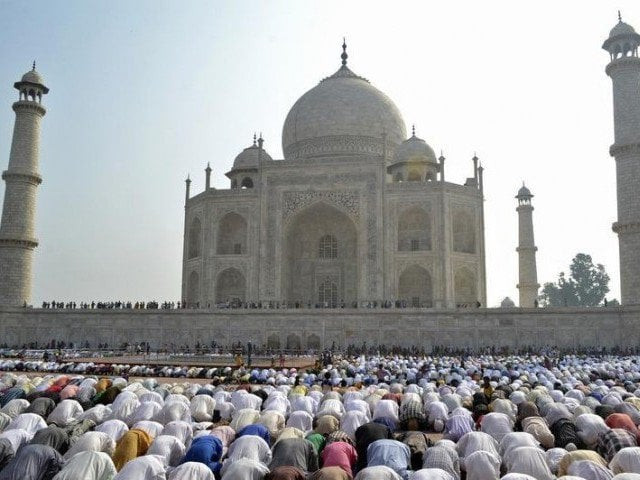
A survey reported that only 13 per cent Hindus saw Indian-Muslims as "highly patriotic" although about 77 per cent of Indian-Muslims saw themselves as "highly patriotic". PHOTO: Reuters
Anam Nisha, a student of the Rohilkhand University in Bareilly, had made plenty of friends with her classmates, a majority of whom were Hindus. However, things changed after the 2017 elections in UP. “I didn't feel this earlier. But in this election, among our friends, this feeling of being Hindu and Muslim sharpened. In discussions, our friends made us feel we were different,” Nisha aid.
Another student, Mohammed Tanweer, said, “Look at issues being raised everyday. It makes us sometimes ask - do we have the wrong name?”
India’s SC asks Delhi whether Muslims in occupied Kashmir can be treated as minority
Living as ‘anti-nationals’
Firoze Ahmad, an assistant professor at the Aligarh Muslim University (AMU), said, “Muslims have begun avoiding public gatherings because anything you say can be misconstrued. On social media, as soon as you say something, you are immediately branded anti-national, terrorist, and of course Pakistani.”
Ahmad also mentioned that Muslims were being targeted and that the BJP were igniting new debates with Muslims. However, he said the prime minister himself was not at fault but instead it was those who were "acting in his name".
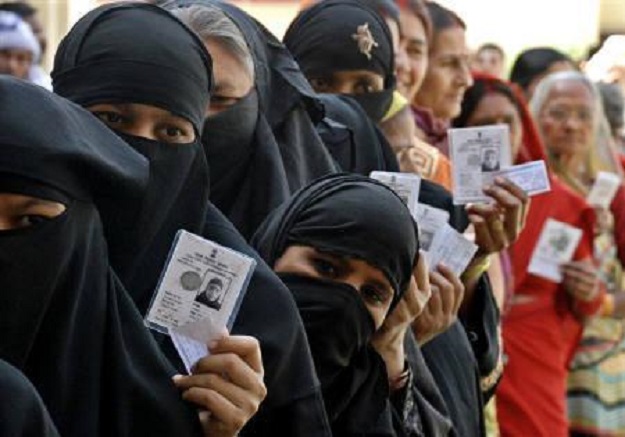 Muslim women in India stand in line to vote. PHOTO: Reuters
Muslim women in India stand in line to vote. PHOTO: ReutersA survey conducted by the Centre for the Study of Developing Societies reported that only 13 per cent Hindus saw Indian-Muslims as "highly patriotic" although about 77 per cent of Indian-Muslims saw themselves as "highly patriotic".
Shadab Khan, a student, said, “This nationalism discourse has created a gulf. If I say I love Barcelona, I am a nationalist. But if I say I love Pakistani player Shahid Afridi, I become an anti-national. This has percolated down to every college, every street, every social media conversation.”
Sakhi Sarwar: A saint revered by Muslims, Sikhs and Hindus alike
Muslims from various regions and age groups blamed the BJP and the media along with it. An engineering student, Heeba Roshan, said, “There would have been far more peace, and so much less insecurity, if we all stopped watching TV news [channels].”
Media penetration has also increased and is playing a larger role in changing people's mindsets, reinforcing Hindu opinions of the Muslim community and alienating Indian-Muslims.
Sense of discrimination
The director of AMU campus, Raashid Nehaal said he had not been able to appoint faculty or expand courses, let alone build boundary walls because of a shortage of funds. “Since the BJP government has come to power, they have not released a single paisa to us," he added.
Nehaal wondered what to make out of this. "They have become prejudiced," he said. He pointed out that the secular government had extended support to the campus since it relied on votes by the Muslim community, however the Union government had been hostile.
Shah Alam was also overheard at a cloth shop in a bazaar saying, “We were unnecessarily living with a myth that at 18 per cent, Muslims can decide elections. The majority decides the elections. And the BJP has showed that they don’t need us at all.”
Alam said the secular parties had treated the Muslim community as a vote bank but at least they had leaders to go to.
While the large Muslim community in India cannot be generalised, many of the Muslims from UP and Bihar are shaken and disturbed.
Whether the reason behind all these instances may be factual and perhaps not solely due to religious bias, the important part is that Indian-Muslims feel discriminated against because of their religious identities.
“I have always felt Indian. But today, I am being forced to ask myself - is this my country?,” asked Khan.
This article originally appeared on The Hindustan Times.

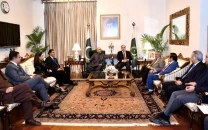
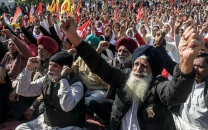
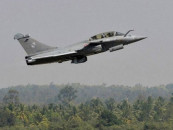
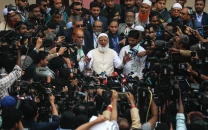

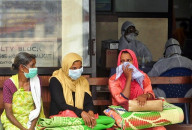












COMMENTS
Comments are moderated and generally will be posted if they are on-topic and not abusive.
For more information, please see our Comments FAQ